Articles About Education

By Sarah Ostyn
The research is clear: 90% of the brain develops before age 51.
Experiences that occur during this period set the stage for everything that is to come, making early childhood an exciting and significant time in our lives. Children – especially immigrant children and those in low-income households2 – who participate in high-quality early care and education, also known as ECE, have higher educational attainment, resulting in stronger communities and local economic growth […]

As the Charlotte region reckons with both the immediate aftermath of COVID-19 and longstanding challenges such as segregation and educational inequities, the Gambrell Faculty Fellows program has named a new cohort of scholars to help illuminate the way to a more equitable community. The fourth cohort of Fellows will investigate a wide range of challenges, […]

Our Charlotte region continues to wrestle with a vexing challenge: How can we improve economic mobility so that all of our community members can share the benefits of growth? It’s a big question, one that touches on everything from the justice system to the transit system, how much we make at our jobs to how […]
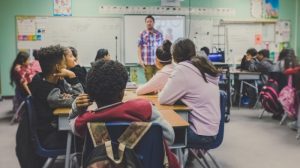
The COVID-19 pandemic and ongoing protests for racial justice have shone a spotlight on the social inequalities present in our country. This is especially true within the U.S. education system. The current state of our country highlights just how inequitable access to education is, and conversations around access to healthcare, affordable housing, poverty and racial […]

The novel coronavirus, better known as COVID-19, has changed the world as we know it. This holds true for the field of education, particularly K-12 schools in North Carolina and across the U.S. COVID-19 has exposed glaring educational inequities that were present before the pandemic, and, in many ways, have been amplified during this crisis. […]
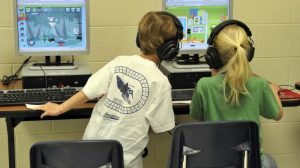
Students lose 20% to 30% of their school year learning gains over the summer and research has found that students of color, students with disabilities and those from low income families experience greater summer learning loss than their peers — and now, the coronavirus pandemic threatens to compound these losses. The last day CMS students […]

Closed bars, restaurants and breweries. Hundreds of thousands of employees working from home while trying to home-school children. Near-empty road and no toilet paper on the shelves. The immediate impacts from the coronavirus crisis are highly visible. But the virus could have more long-lasting and farther-reaching impacts beyond the immediate unemployment and economic disruption we’re […]
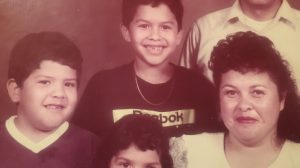
This story is one of seven vignettes in the series Rural by Choice: Navigating Identity in the Uwharries. Education is often seen as the ticket out of a rural area. But the Robledo family has sought higher education – often in urban areas – to provide them with job opportunities so they can make their […]
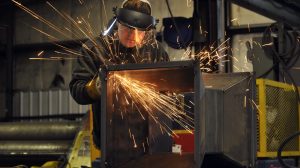
To move up the ladder of opportunity, there’s generally consensus that people need jobs that pay a living wage, where they can grow their earnings over time. But what’s the best way to get workers, especially low-income workers with barriers such as low educational attainment, connected to those jobs? That’s the focus of the ReCONNECT […]

As charter school enrollment has more than doubled across the U.S. over 10 years, demographic data are showing that charter schools are more segregated than traditional public schools. Nationally, 2.5 million students were enrolled in charter schools in 2013 across the U.S. Just 10 years prior, enrollment was less than 1 million.[1] Despite that growth, […]
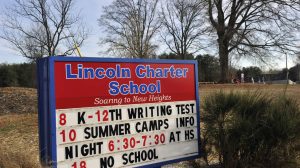
Around 80,000 students in Mecklenburg County choose to attend a school other than their neighborhood public school. But what might that mean for the type of education the students are receiving? The answer appears to be, at least for now, “It depends.” School choice generally refers to any student assignment policy that lets parents and […]
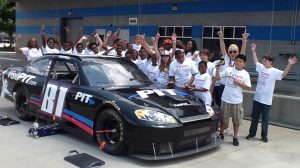
A higher proportion of middle school students who participated in STEM activities sponsored by a public-private partnership passed eighth- and ninth-grade Common Core math and science exams. Participants also averaged fewer days absent from school in 2013-14 than their counterparts at the school, in the school district and statewide. [highlight] Download a summary of the […]